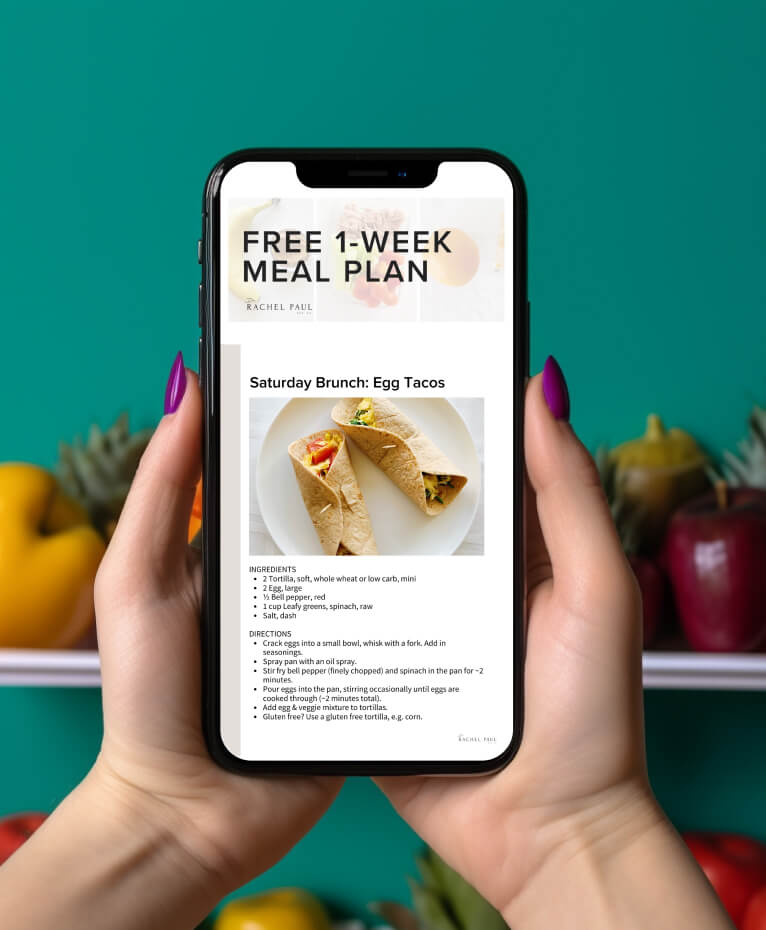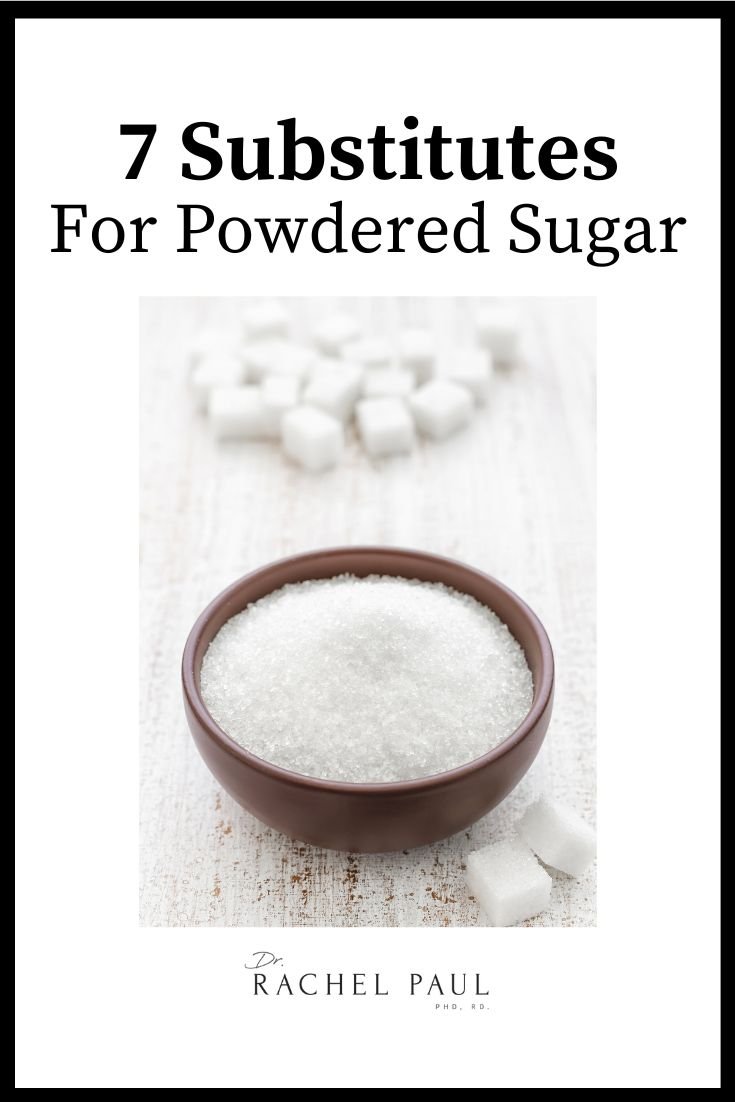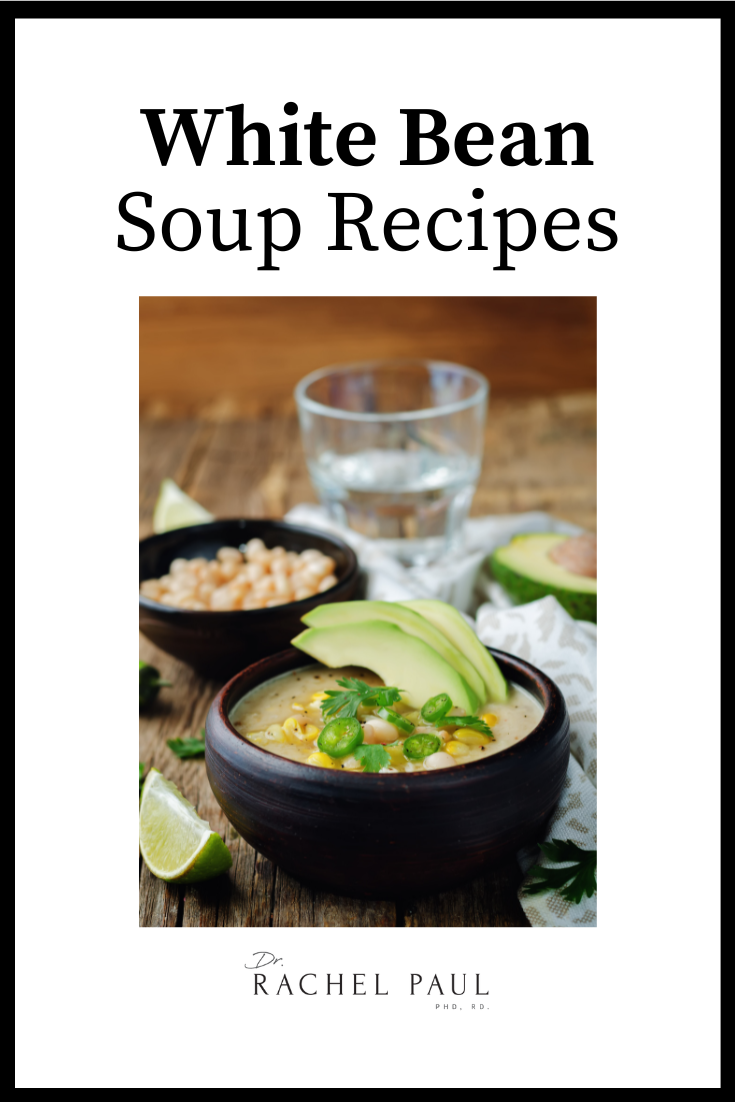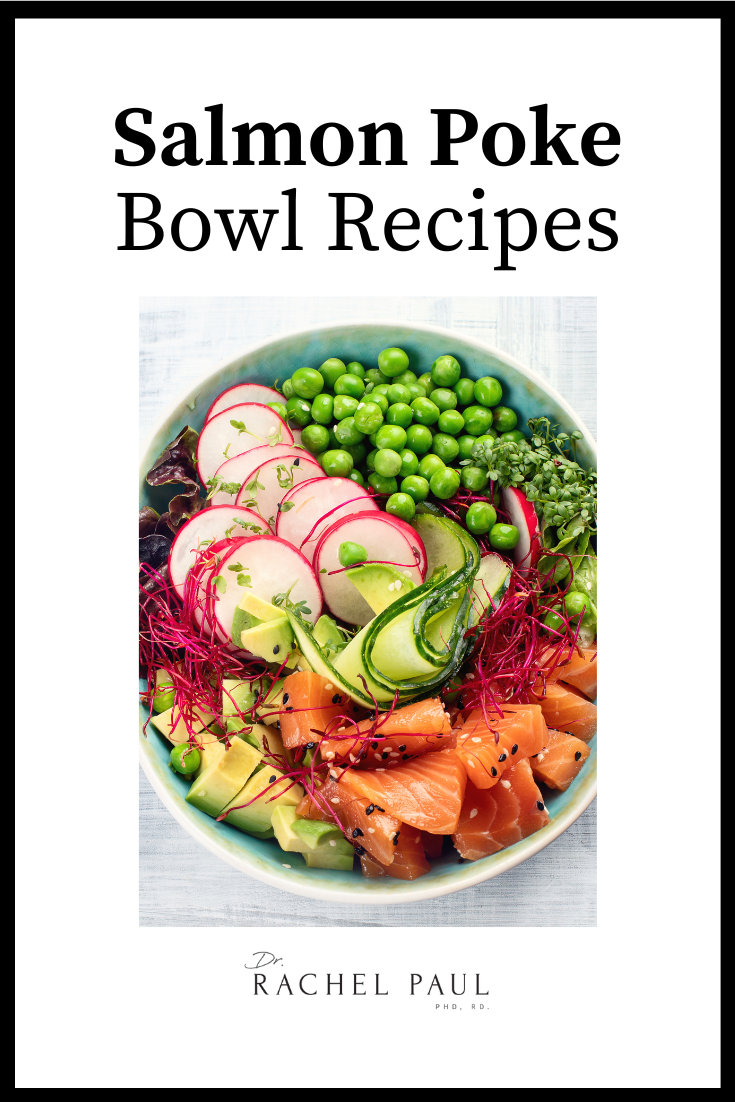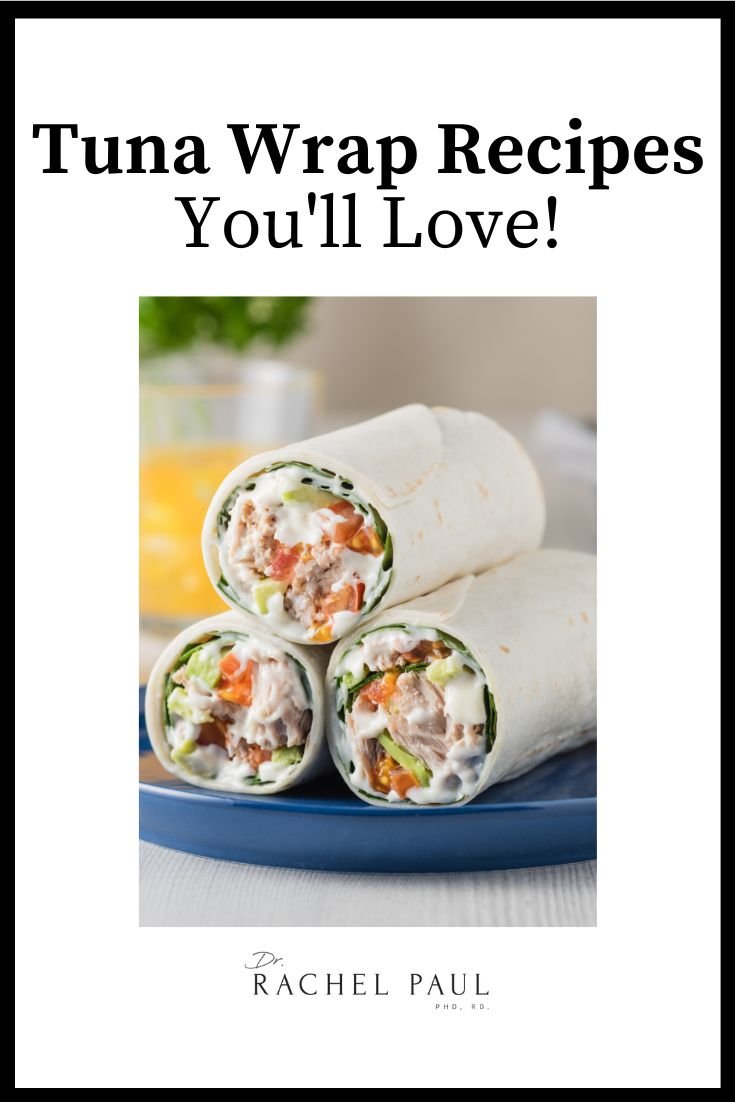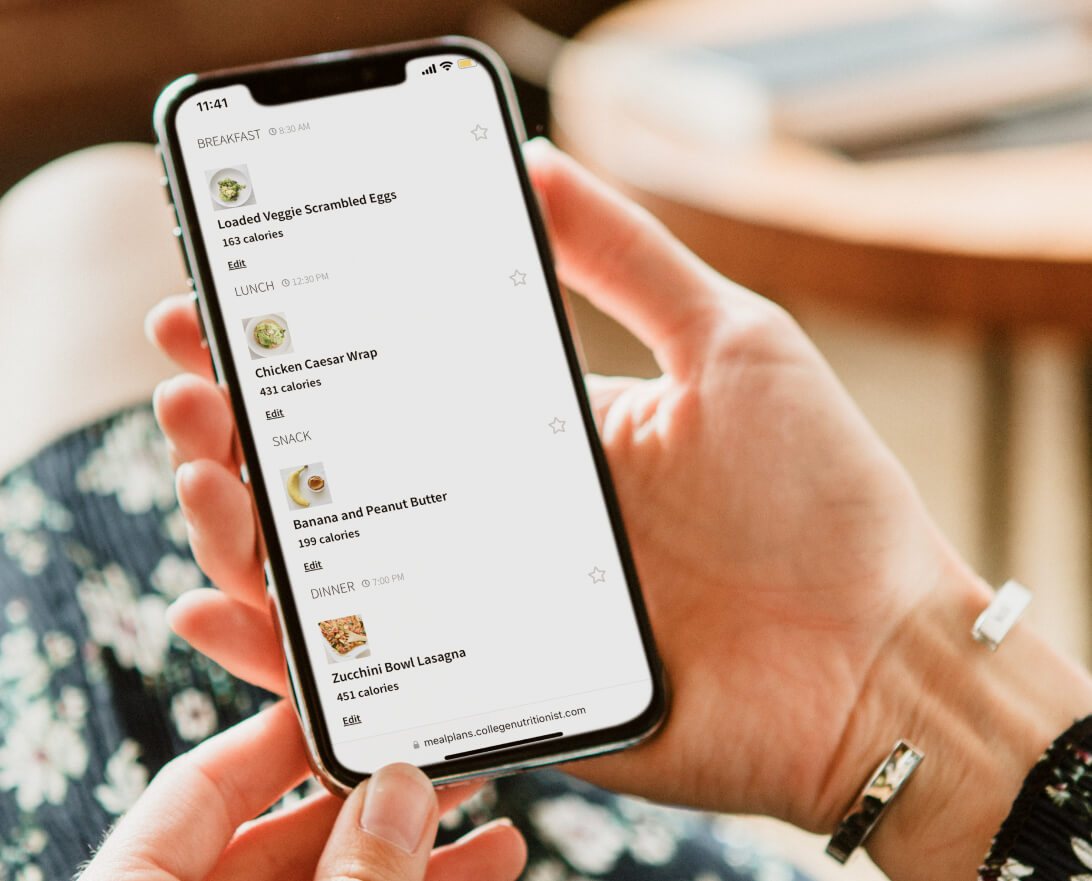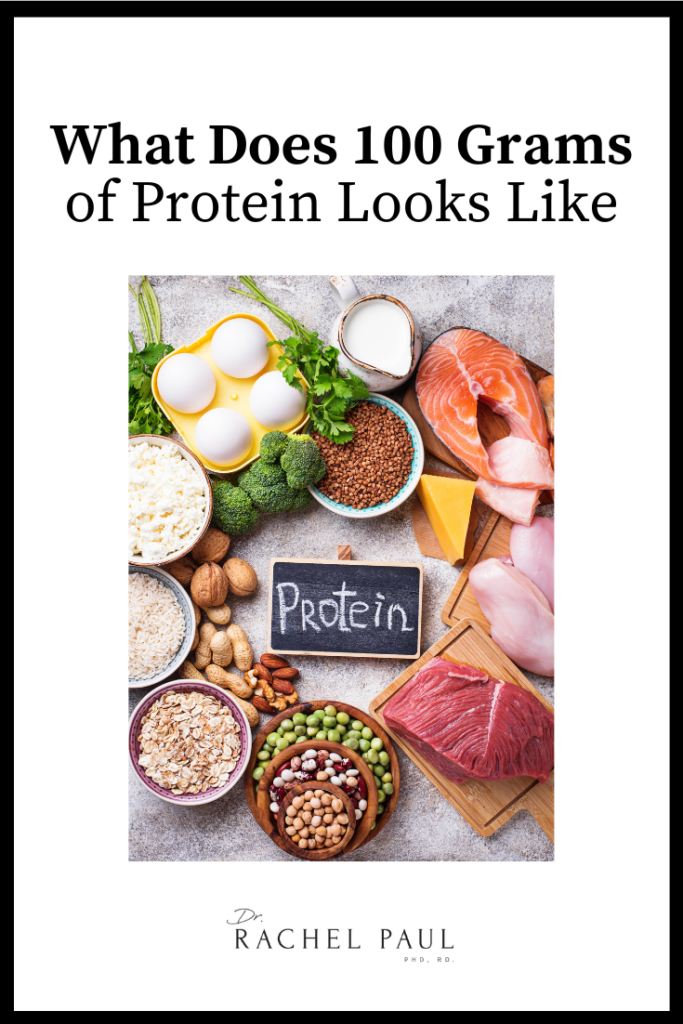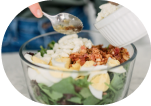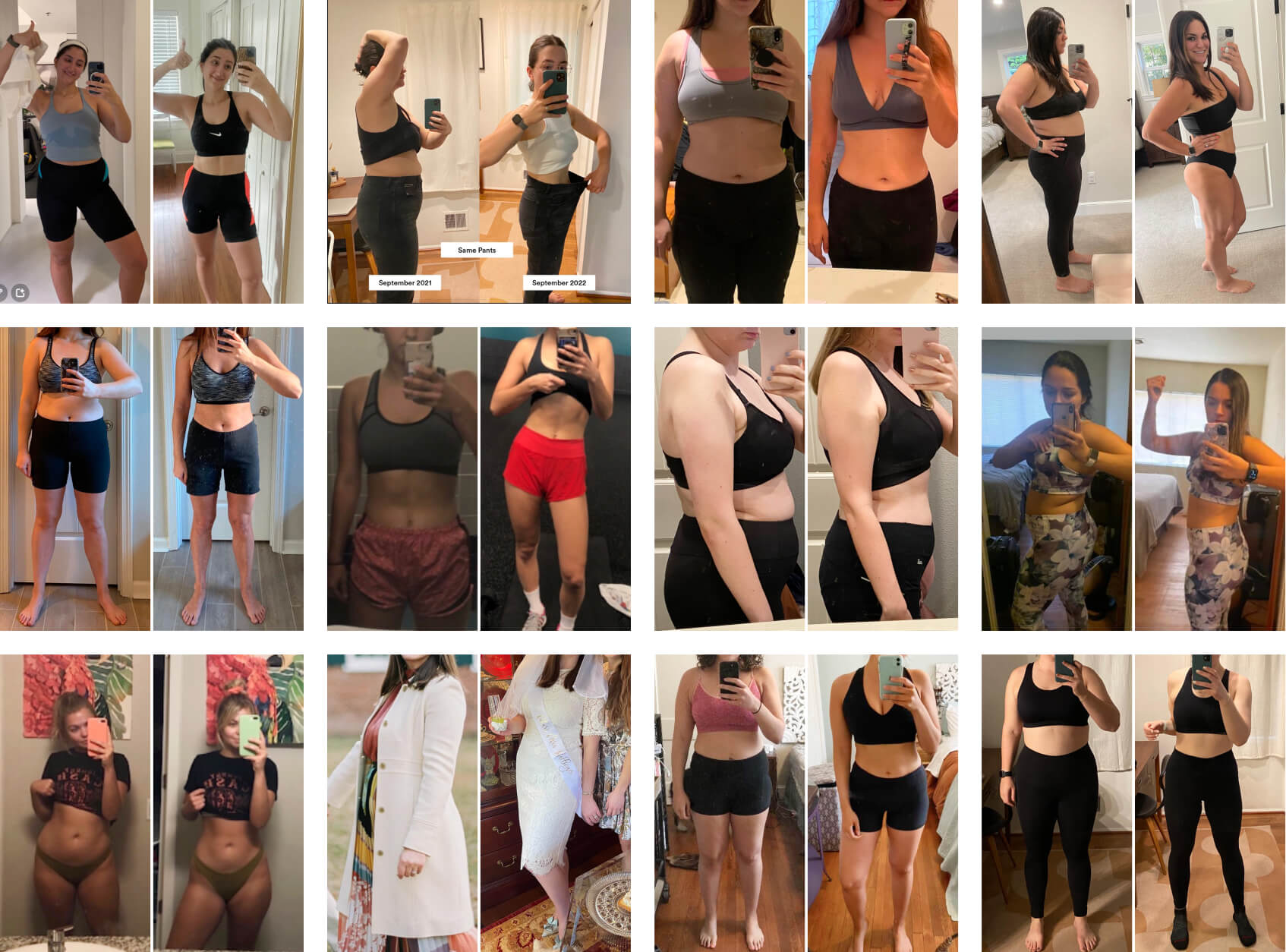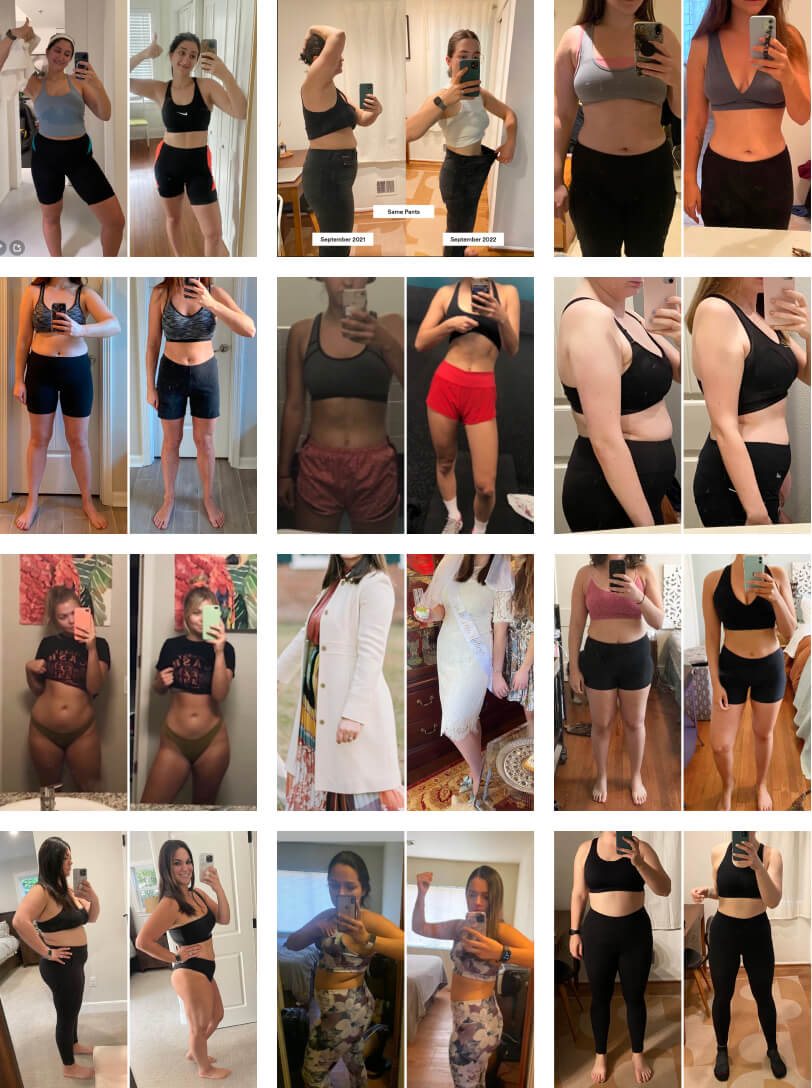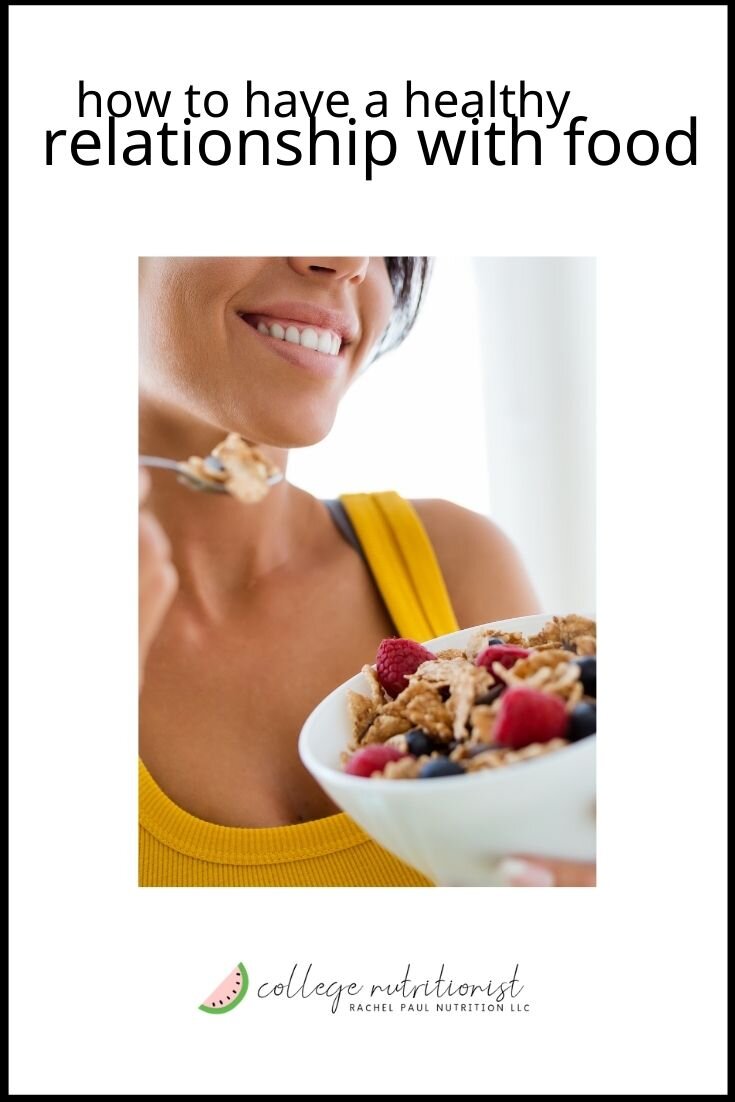
Food. It’s a necessary part of life. We literally cannot live without it. But for many of us, we have a complicated relationship with food and a complicated approach to eating. This can be related to how food was treated when we were younger, watching our parents’ or friends’ relationships with food, or even habits that we’ve built up over the years. So how to know if you have a healthy relationship?
Well, a healthy relationship looks like enjoying each meal you eat and enjoying food overall. Rather than making you feel guilty, food should make us feel alive and nourished. It means paying attention to when you are hungry, responding to it, and then stopping when you’re full. It’s recognizing cravings for what they are and indulging when it makes sense.
An unhealthy relationship to food looks like the opposite of this. Food and eating can leave you feeling guilty, remorseful, angry or bitter. We can’t hear or ignore the signals from our body that let us know when it’s hungry and when it’s full. We indulge all cravings or completely ignore them and feel guilty for having them.
Does any of this sound familiar? If you want to move from the unhealthy to the healthy, here are some simple steps that you can take to help rebuild that relationship.
How To Have A Healthy Relationship With Food
Eating Mindfully
Mindful eating can be a strange thing to think about at first. But when was the last time you sat down to eat good food, without any distractions like your phone or television, and just enjoyed a meal? Actually, smelt the food, felt the way it feels in your mouth, listened to your body as it became satiated? Practicing mindful eating might sound strange but taking the time to really embrace the process of eating can help hear messages letting you know when you’re full which can help with overeating. It can also help you avoid snacking on unhealthy foods without really noticing what you’re eating if you’re sitting down and being really aware of what you’re eating each time.
Eating In Moderation
Some people have an all or nothing mentality when it comes to food. They’ll eat a really restrictive diet for as long as they can and then they’ll go all out on all sorts of food that they’ve been restricting. It might be sweets, salty junk foods, or something else that you’ve labeled as “bad”. But people that follow this eating habit often end up eating just as much of the food they’re looking to avoid, just in a shorter time frame. That’s why crash diet culture and yo-yo dieting fails as a way to build healthy eating habits or build a healthy relationship with food.
Instead, try eating in moderation and paying attention to what your body is telling you. If you have a craving for a type of food, have a small amount of it. A square of chocolate, a few french fries or whatever it is. This helps build strong intuitive eating skills, by actually listening to what your body wants (maybe it needs salt or comfort food) but not over-doing it. It will help with practicing balance, and making better food choices with a healthy approach to eating.
Practice intuitive eating
Piggy backing off of eating in moderation, another big part of having a healthy relationship with food is listening to your body. Rely on hunger and fullness cues to let you know how much and when to eat.
Not Labeling Foods
Have you ever decided if food is good food or bad food? Putting labels like this on food is unhelpful in developing a healthy eating routine. If you have birthday cake with friends and family to celebrate someone you love, how is that bad? If you eat lettuce while praying you’re losing weight and being unhappy, how is that good? Putting labels like this on your food can lead you to feel guilty after eating, which can lead to disordered eating. Instead, you can change the way you view food. You could look at food as fuel for your body, something to share with loved ones, or delicious flavors. You have to enjoy food to have a good relationship with it, and you have to love eating foods what you’re eating. If you label everything as good or bad (and particularly labeling what actually you like as ‘bad’), that will not help with your relationship with food.
Keeping A Food Journal
Do you know what you’ve eaten today? Do you remember what drove you to eat that ice cream last night? Keeping a food diary is a great way to observe what you’re actually eating and when. Some of you may have counted calories in the past and been put off. You can just record the foods themselves, rather than specific calorie counting as this is just to get an overview. If you’re looking for weight loss, this can be challenging if you’re not aware of what you’re eating. Which we’re often not if we’re not mindfully eating. We’ll have a square of chocolate every time we open the cupboard. Or a muffin every time they’re offered at a morning tea. Or we’re emotional eating. The key to this is to reserve all judgment. It’s not about judging yourself or over-analyzing what you’ve eaten. The first step is being a mindful observer and noting everything down. Then you can spend some time reflecting on what you’re eating and when. But try not to do this while you’re keeping the journal as it may change your behavior. You want it to be as honest and real as possible.
Eat for nourishment
Approach food from the aspect of it being for nourishment. A healthy relationship with food involves growing to accept all different kinds of food with the understanding that food should be consumed to help feed and nourish your body and it’s okay to enjoy what you eat. Being careful also not to label food as good or bad and reserving your favorite treats for “cheat days” or having it “off limits”. Instead, allow yourself the freedom of eating food for nourishment and a reasonable portion of food that doesn’t exactly nourish.
Clear Your Cupboards
Are you like me and have a weakness for ice-cream? I don’t keep it in the house. I know I’ll be in there with a spoon all the time otherwise. Instead, if I’m craving ice-cream I’ll go out and make it a special occasion. This helps me really enjoy my ice-cream, rather than just mindlessly eating during the day which can lead me to gain weight. Or choose an eating plan that includes ice-cream so I know that I’m going to get to enjoy it and don’t feel deprived.
Educate yourself
A healthy relationship with food starts from a young age. If you were taught as a child to “clean your plate”, you may now realize it can be a harmful habit. Instead, practice simply eating for fuel. If you have children of your own, encourage an objective and neutral mindset around food. Food should be viewed as just food and should not be made to make you feel bad about yourself.
Find healthy ways to manage stress
It’s easy to turn to food for comfort. But when you’re wanting to build a healthy relationship with food, opt instead to find other ways for managing stress. Could you vent to a close friend, write in a journal, go for a walk in nature, take a long bath, sign up for a dance class or kickboxing class? There are a lot of other ways to decompress that don’t have to involve food. This can help you avoid participating in a love hate relationship with something that’s meant to sustain us.
Seek support
Sometimes you may need more support and guidance, like from a registered dietician and that’s okay. If you need more support, please reach out to the National Eating Disorders Association.

